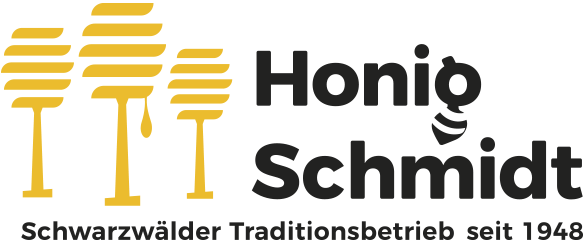Today, more and more people rely on organic products when shopping. But the question is whether organic is always in it, where organic is also written on it. In the case of organic honey, this question can be clarified quite easily.
Organic honey should not be called such. After all, it is not clear where the bees are doing their rounds. Finally, they cover up to five kilometres a day (depending on the type of bee). No organic beekeeper can ensure that there are no conventional agricultural land in this area. This means that bees can also meet agricultural land treated with chemicals. For this reason, organic honey cannot actually be called organic.
A more appropriate term would be "honey from organic beekeeping". This term shows that the bees are kept appropriately. No chemicals are used in diseases or other incidents. In addition, organic production also means treating the environment and nature with respect and without harming them.
Nevertheless, organic honey may be quite different from conventional honey. Finally, an eco-beekeeper must also focus on price, market situation and yield. For this reason, organic beekeepers in particular attach great importance to quality. Organic honey differs mainly in the variety of conventional honey. In addition, no chemical drugs, pesticides or insecticides are used. As far as possible, pollen from genetically modified plants is also prevented. As a customer, you can also rely more on the quality of organic honey. This is because organic beekeepers are subject to more checks than conventional beekeepers. And these controls are usually stricter.


